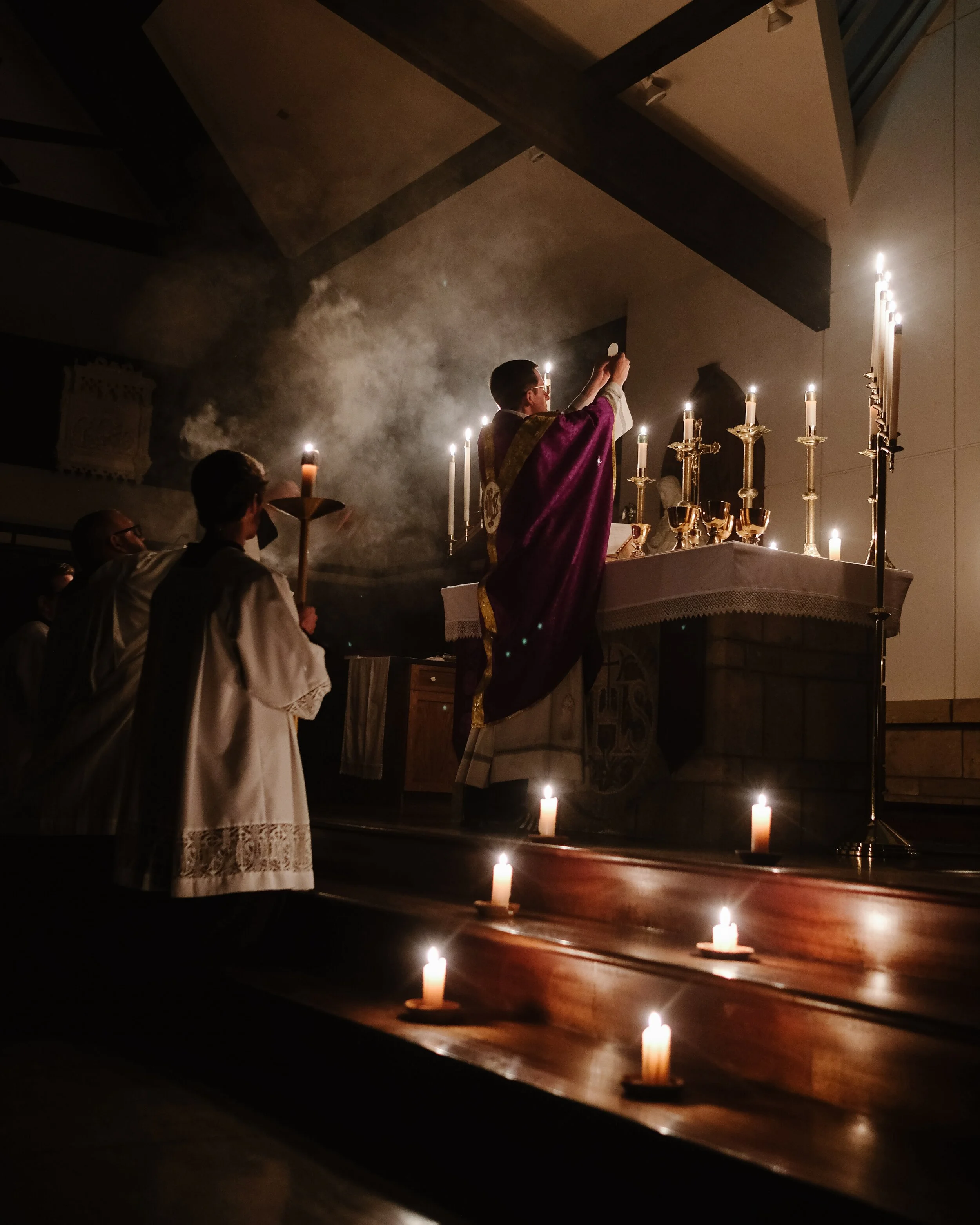What is Anglo-Catholicism?
Anglo-Catholicism, or the Catholic Movement, arguably began with John Keble’s “Assize Sermon” at Oxford in 1833, as a challenge to the relationship between church and state. This challenge ultimately led to a new, or renewed, stream of English Christianity that has developed as a unique form of Anglicanism across the world. Its hallmarks include, among other things, a distinctly “high church” (or even Roman) ritual sensibility and an emphasis on Catholic order and theology. Some envision Anglo-Catholicism as the ultimate link between Canterbury and Rome, its impact felt by millions across the Anglican Communion and beyond. And yet Anglo-Catholicism maintains a tenuous foothold in some provinces because of its perceived conservatism. With great diversity of thought, the movement continues, but how would we describe it?
Anglo-Catholics are a diverse group — politically, theologically, and even liturgically. While some use the Prayer Book, others the Roman Rite. Is there an Anglo-Catholic liturgical vision, and how does Anglo-Catholicism relate to evangelicals or other streams of Anglicanism today?
The following Zoom cast begins by asking participants for a brief description of Anglo-Catholicism and then to describe who are the “heroes” of the Anglo-Catholic movement. Questions include, what did it mean to breach the Worship Regulation Act of 1874? And how did Anglo-Catholics relate to the marginalized then and now?
Nashotah House will recognize some familiar faces in this Zoom discussion: Fr. Matthew Olver and Fr. Steve Rice. Fr. Olver is Assistant Professor of Liturgics and Pastoral Theology at Nashotah House. Fr. Rice received his Doctor of Ministry (D.Min.) from Nashotah House in 2015, and has served as rector of St Timothy's Episcopal Church in Winston-Salem, North Carolina since 2008.
Hosted by Dr. Ryan N. Danker, Associate Professor of Church History and Methodist Studies, Wesley Theological Seminary, Washington, D.C., and editor of Exploring a Wesleyan Political Theology (Wesley's Foundry, 2020), the following online program is titled Secondhand Religion. Guests include the Rev. Matthew S.C. Olver, Ph.D., Assistant Professor of Liturgics and Pastoral Theology at Nashotah House, and the Rev. Canon Dr. Robin Ward, Principal of St. Stephen's House, Oxford.
The Rev. Dr. Matthew S.C. Olver is assistant professor of liturgics and pastoral theology and the director of St. Mary’s Chapel at Nashotah House Theological Seminary, where he has taught since 2014. In 2018, Fr. Olver completed his doctoral work at Marquette University on the influence of Hebrews on the origin and theology of the Roman Canon. Before moving to Wisconsin, he was the assistant rector of Church of the Incarnation, Dallas, for seven years. His previous studies took place at Wheaton College and Duke Divinity School. He is married to Kristen and they have two children. He assists at Zion Episcopal Church, Oconomowoc, Wisconsin, and was a member of the Anglican-Roman Catholic Consultation in the U.S. (ARC-USA) from 2006 to 2014, which produced Ecclesiology and Moral Discernment. He is a regular contributor to Covenant, the weblog of The Living Church Foundation, and has published in The Journal of Ecumenical Studies, The Anglican Theological Review, Nova et Vetera, Studia Liturgica, and Antiphon. He is a priest in the Episcopal Diocese of Dallas.

